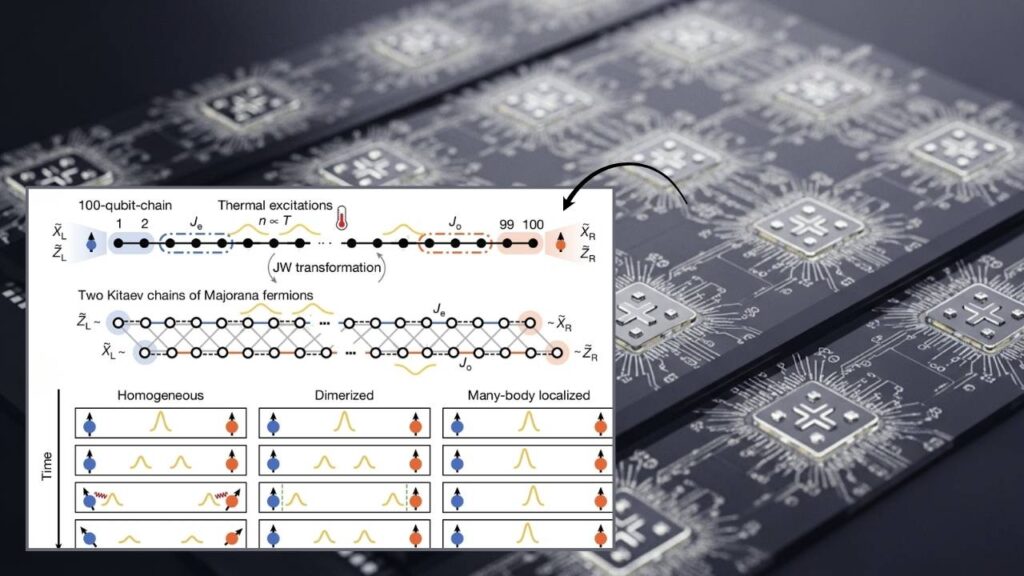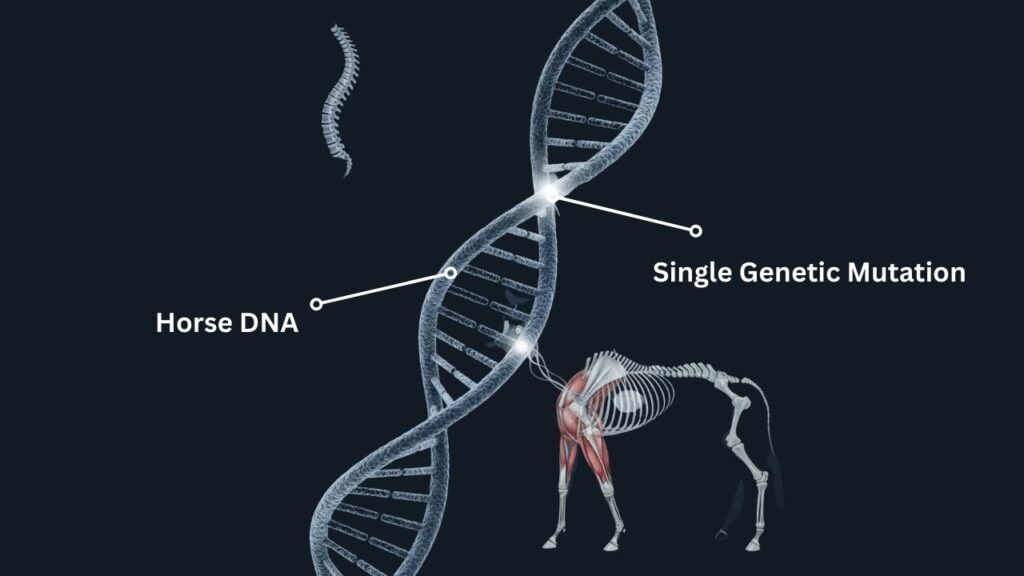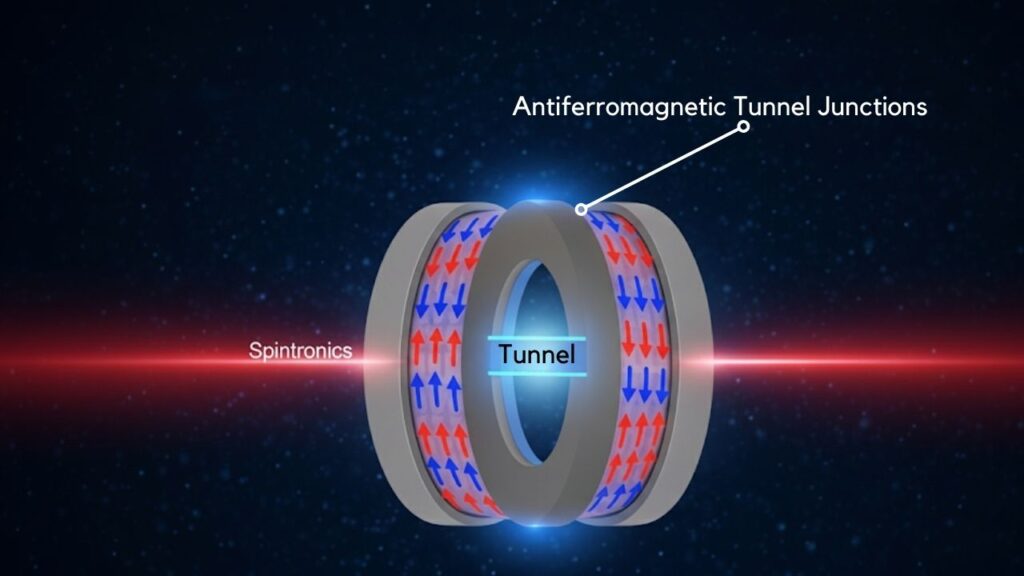Quantum Healthcare Research: In an era where technology shapes the future of medicine, the partnership between Cleveland Clinic, IBM, and the Hartree Centre stands out as a landmark initiative. By combining the power of quantum computing and artificial intelligence (AI) with world-class medical expertise, this collaboration is redefining how healthcare research is conducted and how patient care can be improved globally.
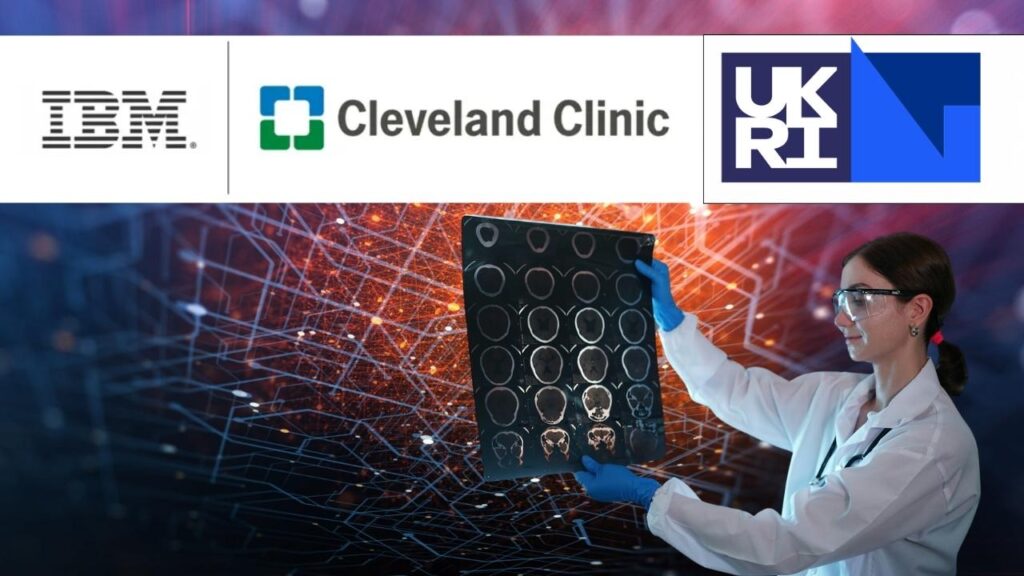
This joint research program focuses on applying advanced technologies to solve complex medical problems, accelerate discoveries, and enhance hospital workflows. Key projects include developing AI models to evaluate hospital interventions and leveraging quantum computing to identify biomarkers predicting epilepsy surgery success. This initiative exemplifies the growing global commitment to harnessing quantum and AI technologies to transform healthcare.
Table of Contents
Quantum Healthcare Research
| Aspect | Details |
|---|---|
| Launch Date | June 6, 2024 |
| Partners Involved | Cleveland Clinic (US), IBM (Global), Hartree Centre (UK) |
| Primary Technologies | Quantum Computing, Artificial Intelligence, High-Performance Computing |
| Main Research Areas | Epilepsy Biomarker Discovery, Hospital Care AI Evaluation |
| System Used | IBM Quantum System One (On-premises at Cleveland Clinic) |
| Key Researchers | Dr. Lara Jehi (Epilepsy Project), Dr. Charles Knowles (Hospital Intervention Project) |
| Expected Impact Timeline | AI Models: 1-2 years; Quantum Biomarker Discovery: 3-5 years |
The collaboration between Cleveland Clinic, IBM, and the Hartree Centre represents a pioneering step towards integrating quantum computing and AI into healthcare. By focusing on real-world challenges like epilepsy treatment and hospital intervention optimization, they are shaping the future of precision medicine and efficient healthcare delivery.
As these technologies mature, their impact will expand—improving diagnosis, personalizing treatments, and ultimately enhancing patient outcomes worldwide. The future of medicine is not only digital but quantum-enabled, and this partnership is leading the way.
What Is Quantum Computing and Why Does It Matter in Healthcare?
Quantum computing is a revolutionary technology that uses quantum bits, or qubits, to perform calculations at speeds impossible for classical computers. Unlike traditional bits that hold either a 0 or 1, qubits can represent both simultaneously through a phenomenon called superposition, enabling complex problem-solving and pattern recognition on massive data sets.
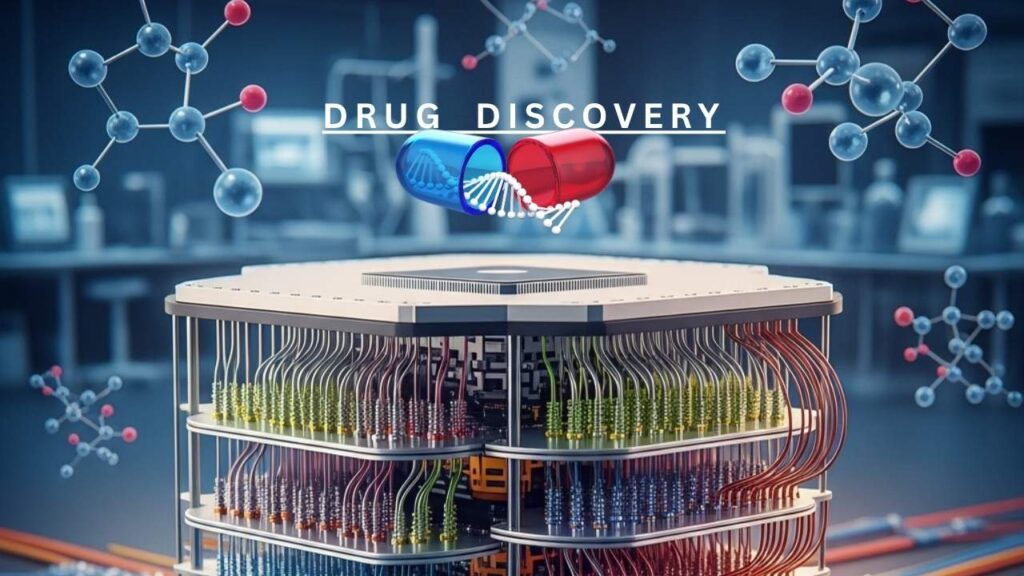
The Promise for Healthcare
Healthcare data is vast and multidimensional—ranging from genetic sequences and medical imaging to clinical records and patient monitoring data. Traditional computers can struggle to analyze such datasets effectively due to limitations in processing speed and complexity handling.
Quantum computing combined with AI offers new possibilities such as:
- Accelerated drug discovery by simulating molecular interactions more precisely.
- Enhanced disease modeling to understand progression and outcomes.
- Improved personalized medicine through complex data pattern recognition.
- Optimization of hospital workflows and resource allocation.
This technology is poised to reduce research timelines, cut costs, and ultimately improve patient outcomes.
The Cleveland Clinic Discovery Accelerator: A Decade of Innovation
The partnership between Cleveland Clinic and IBM began nearly 10 years ago through the Discovery Accelerator, an ambitious program integrating cutting-edge computing technologies into medical research.
- High-Performance Computing (HPC) powers simulations and data analysis faster than ever.
- Hybrid Cloud infrastructure allows secure, scalable access to computational resources.
- Quantum Computing systems now enable solving problems traditional supercomputers cannot.
This foundation supports the newest phase of collaboration, with the Hartree Centre adding its expertise in AI and HPC from the UK, creating a robust international research ecosystem.
Project Deep Dive: AI-Powered Hospital Intervention Evaluation
The Challenge in Hospital Care
Healthcare providers perform millions of interventions—scans, tests, treatments—each year. Yet, not all interventions lead to improved outcomes. Distinguishing which ones add value or cause unnecessary costs is complex.
How the AI Model Works
Using a large clinical dataset called the BioResource, researchers led by Dr. Charles Knowles analyze patient data including clinical records, imaging results, and intervention histories. The AI algorithms can:
- Detect patterns linking specific interventions with positive or negative outcomes.
- Predict patient trajectories based on intervention combinations.
- Identify redundant or ineffective procedures.
Practical Impact for Healthcare
This evidence-based insight supports clinicians by:
- Improving decision-making with real-time data.
- Enhancing patient safety by avoiding unnecessary procedures.
- Reducing healthcare costs through optimized care pathways.
In one example, if an AI model finds that a particular scan rarely changes treatment but adds cost and patient burden, hospitals can reconsider its routine use.
Project Deep Dive: Quantum-Driven Epilepsy Biomarker Discovery
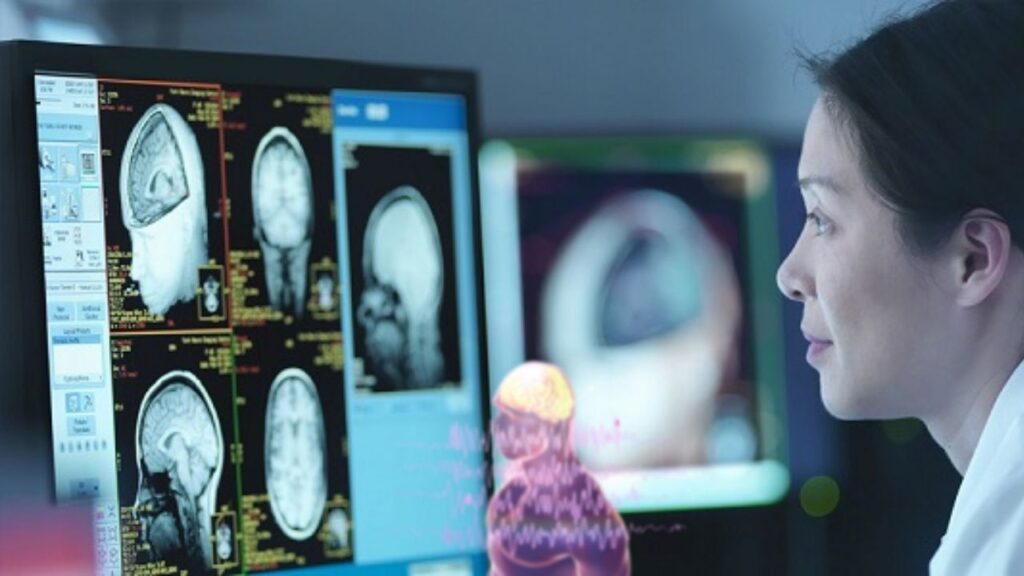
Understanding Epilepsy and Surgery Challenges
Epilepsy affects over 60 million people worldwide, with about 30% resistant to medications. For many, surgery offers a chance at seizure freedom, but predicting who will benefit remains a challenge.
Why Biomarkers Matter
Biomarkers are measurable biological factors—such as genetic markers or brain activity signals—that indicate disease state or treatment response. Identifying reliable biomarkers for epilepsy surgery can:
- Guide clinicians in selecting candidates likely to benefit.
- Avoid risky surgeries unlikely to help.
- Improve surgical planning and patient counseling.
The Quantum Advantage
Analyzing thousands of variables across large patient populations to find subtle biomarkers is computationally intensive. Quantum computers excel at processing such multi-dimensional data through advanced algorithms like:
- Quantum machine learning for pattern detection.
- Quantum optimization to sift through complex variable combinations.
This approach promises to uncover biomarker signatures invisible to classical methods, potentially transforming epilepsy care.
The Hartree Centre’s Role: Bridging AI and Quantum Research
Located in the UK, the Hartree Centre is a leader in high-performance computing and AI innovation. Their contribution involves:
- Developing AI models tailored for healthcare data.
- Optimizing algorithms for quantum hardware.
- Facilitating secure data sharing across partners.
This synergy accelerates research progress and ensures technological robustness.
Practical Guidance for Healthcare Stakeholders
For Hospitals and Medical Centers
- Invest in data infrastructure: Electronic Health Records (EHRs) and imaging data must be well-organized and accessible.
- Foster partnerships: Collaborate with technology leaders and academic institutions to access emerging tools.
- Train staff: Promote education on AI and quantum technologies to bridge clinical and technical expertise.
- Pilot projects: Start with manageable AI initiatives before scaling quantum-related research.
For Researchers and Technologists
- Engage with cloud-based quantum platforms if on-premises hardware is unavailable.
- Participate in interdisciplinary teams combining clinical insight and computational skills.
- Focus on translational research that directly impacts patient care.
China to Host Second Belt and Road Science and Technology Conference in Chengdu
AI Linked To Fourfold Increase In Productivity Growth And 56% Wage Premium
Researchers Recreate Ancient Egyptian Blue Pigment With Modern Science
FAQs About Quantum Healthcare Research
What makes quantum computing different from classical computing?
Quantum computers use qubits and quantum phenomena like superposition and entanglement, enabling them to perform many calculations simultaneously, greatly speeding up complex problem solving.
Are quantum computers widely available?
While still emerging, quantum systems are accessible via cloud platforms from companies like IBM, allowing global researchers to experiment and develop applications.
How soon will quantum computing impact everyday healthcare?
Practical clinical benefits are anticipated in phases; AI applications may appear within a couple of years, whereas quantum-driven breakthroughs might take 3 to 5 years or more due to the technology’s complexity.
Can small or medium hospitals benefit from these technologies?
Yes. Many quantum and AI resources are cloud-based, reducing barriers to entry. Collaborations and training can help smaller institutions adopt these innovations.
